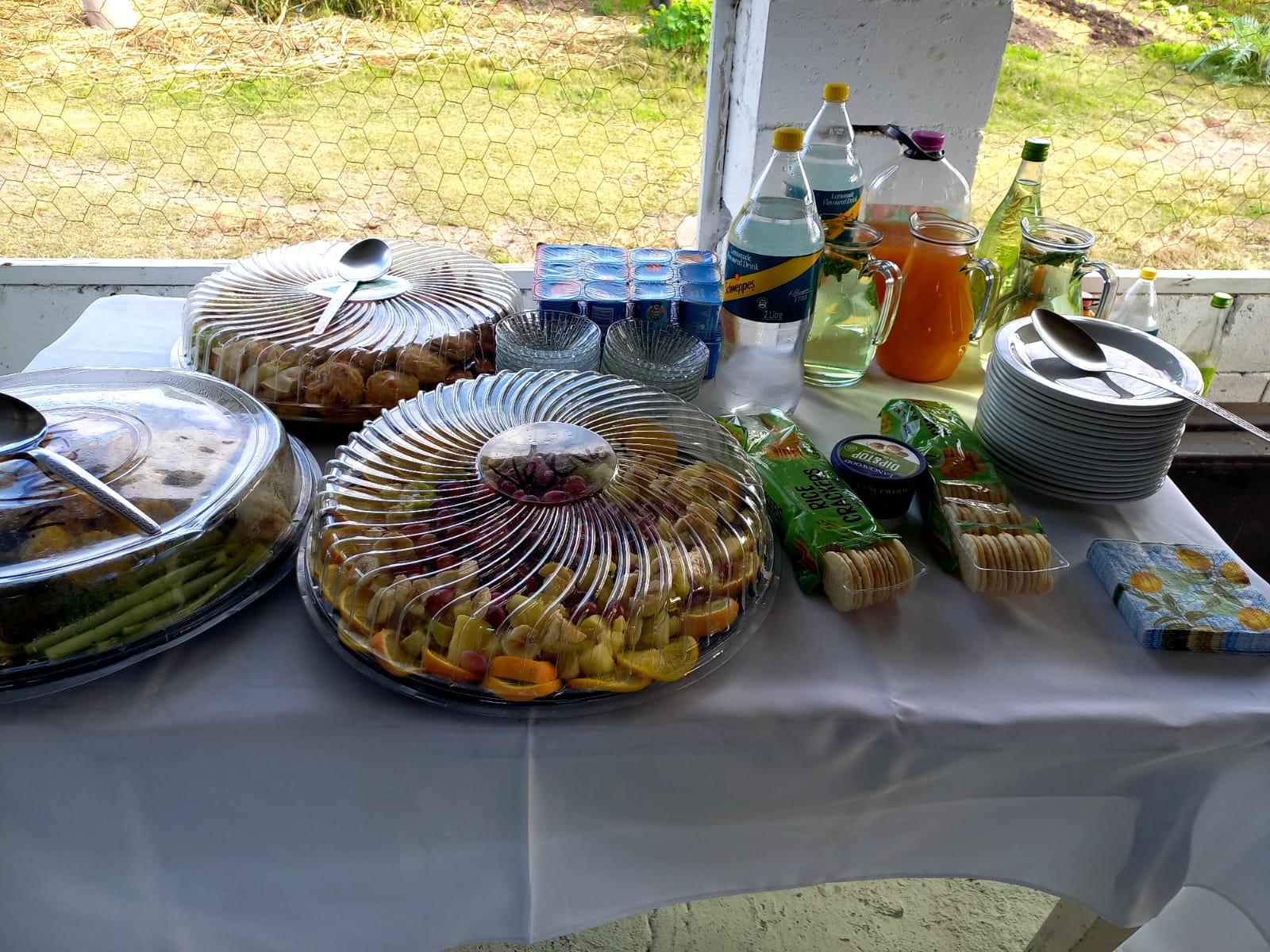OCEAN VIEW PROTOTYPING
Attendees went through the list of ideas that had emerged from the initial Design Thinking workshop and through the Biomimicry Challenge to Biology Ideation and voted upon through the WhatsApp poll in the prototyping session.
WORKSHOP
The process for innovation selection and prototyping needed to be adapted to appropriately respond to the dynamics of the local context. Members of Kos Gangsters, soup kitchen operators and school children met to explore some of the main themes raised.
Focus On
- What’s already in place?
- How might we collaborate with existing organisations?
- When could we potentially have a workshop to explore collaboration and prototypes?
PROCESS STEPS
A brief overview of the core process
PROTOTYPING
DESIGN BRIEF
The green business prototypes that emerged from the workshop were:
- Top Chef: a training programme that combines cooking and future skills training
- Organic Cosmetics: A hemp and turmeric processing programme
- Junk in your Trunk: An Upcycling Depot
TOP CHEF:
The Top Chef programme aims to support the development of skills amongst youth, while encouraging people to buy locally.
Skills programmes here could support several foundational literacies, namely mathematical, language and entrepreneurial. Programme designers would work with school teachers at the adjacent Oceanview Secondary School to integrate curriculum into hands-on cooking programmes. As an example, it was discussed how basic mathematics could be taught through recipes though the addition of ingredient volumes, and entrepreneurship through cost vs sales evaluation of goods.
Resources that are needed to run an early version of this programme are:
- Learning content
- Cooking equipment
- Venue
As a first step in validating this idea, community members are going to test the idea and collaboration possibilities with specific teachers at the local school. To explore the market assumptions, they are engaging local outlets for baked or home-made goods.
ORGANIC COSMETICS:
Organic Cosmetics aims to move potential high yield plants up the value chain by converting them into cosmetic products. The aim here is twofold, upskill young people in their knowledge of organic farming and entrepreneurship, as well as improve revenue of the Food Garden.
Resources that would be needed for this project are:
- Several crops of each to test their growth potential in Oceanview, &
- Basic equipment for initial product R&D
As initial steps to validate this idea, team members are going to engage local farm stalls and the school to test their appetite for stocking/using locally produced soaps and other basic cosmetic health and hygiene products.
JUNK IN YOUR TRUNK:
Junk in Your Trunk aims to reframe traditional recycling depots by providing educational and skills development programmes rooted in upcycling waste into viable products. The general idea is that people would bring waste (initially plastic and metal) to the depo where they would receive input into how to upcycle these materials into products that are worth more than just the raw materials.
LOW FIDELITY PROTOTYPE
BUSINESS MODEL CANVAS
Testing:
Ocean View did not develop a "conventional" prototype and instead worked on planning via a Business Model Canvas. This approach works like a low-fidelity prototype in bringing into focus what is available to start with and enables community members involved in the prototyping workshops to explore how to develop entrepreneurship through business ideas that have potential. Testing would come into the equation once a plan is activated and members start engaging with suppliers, locations and stakeholders.








































